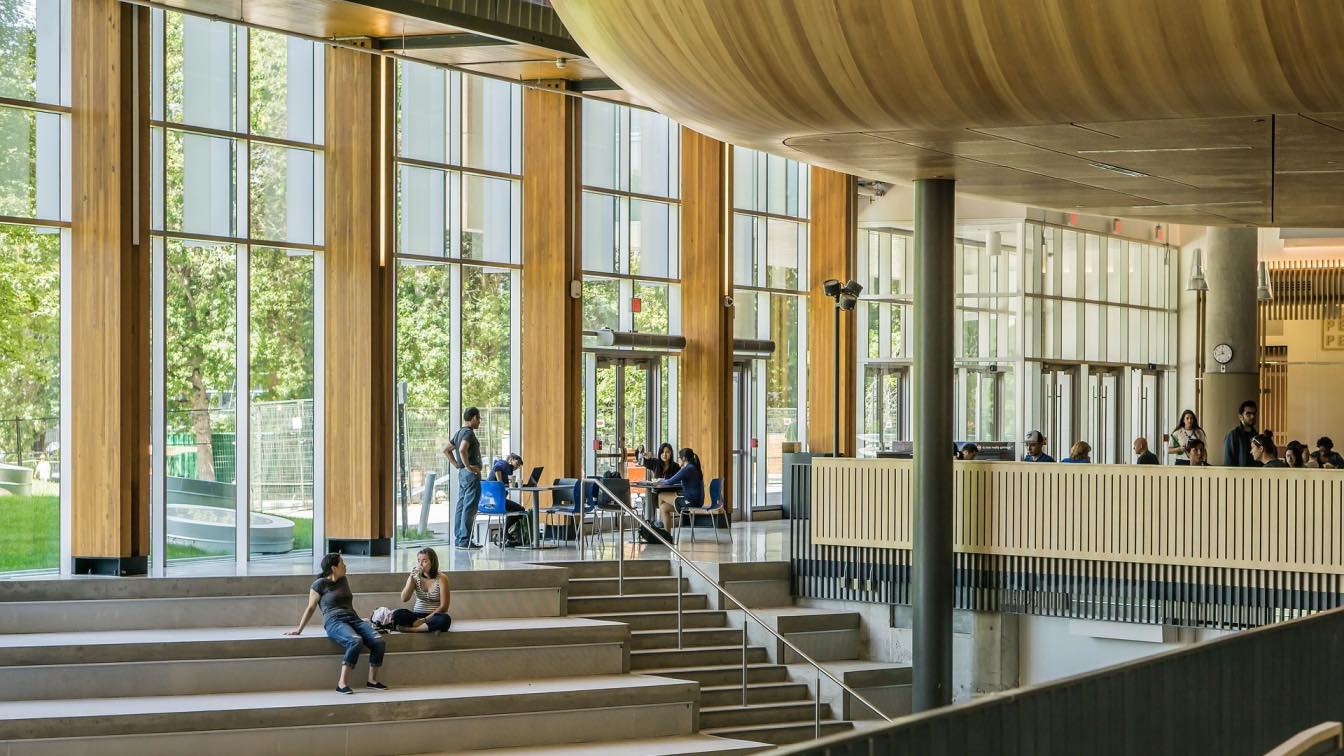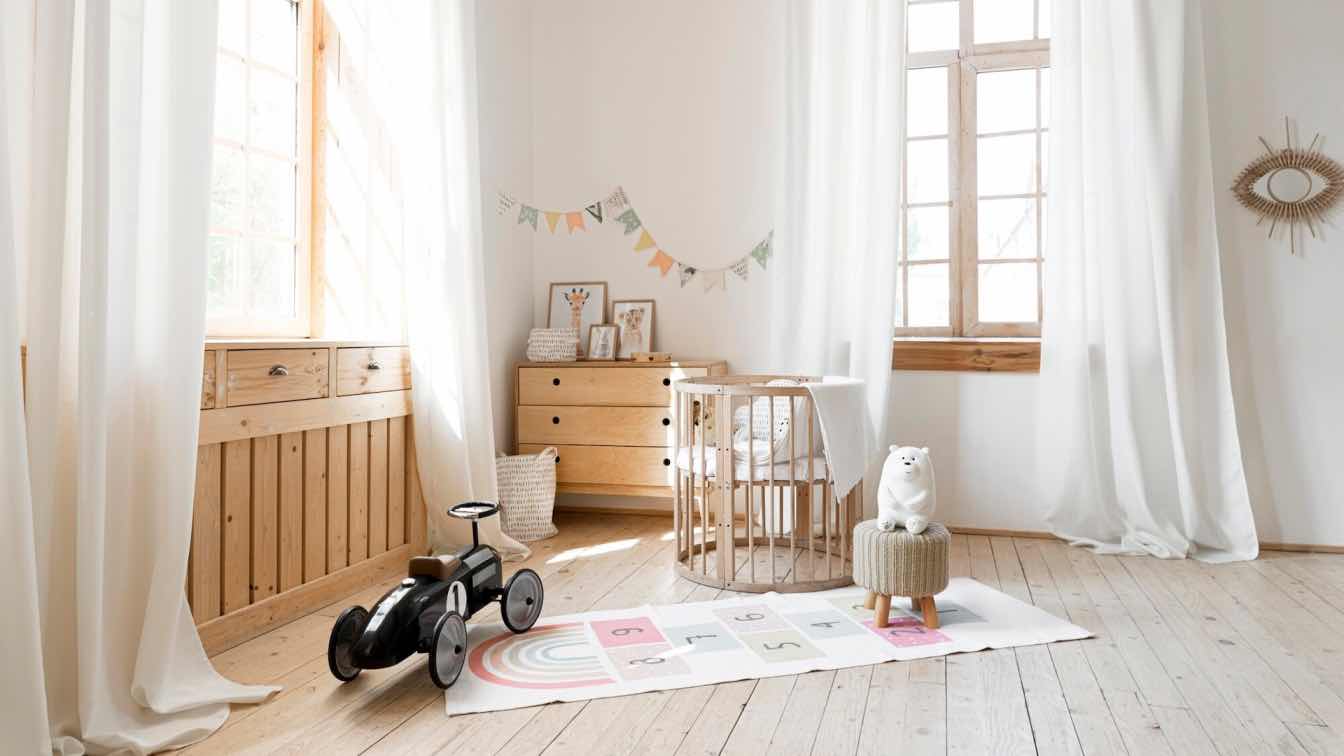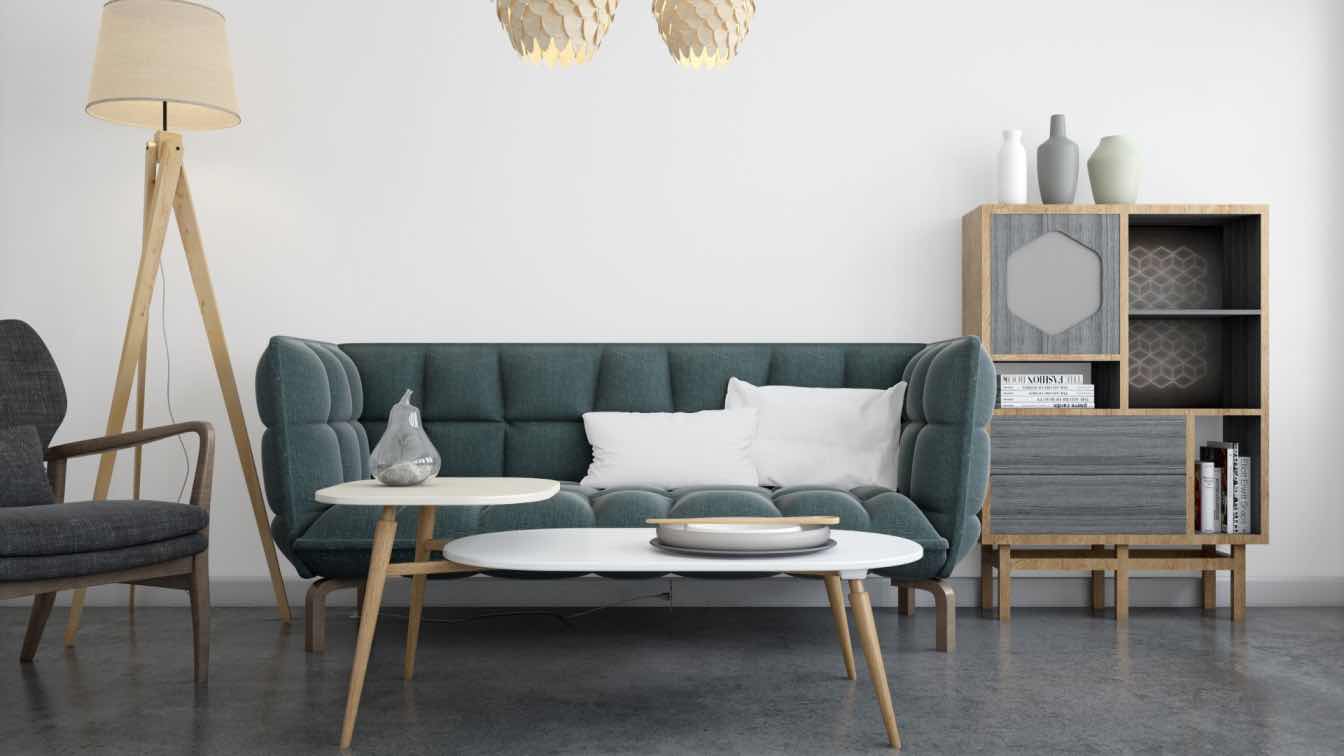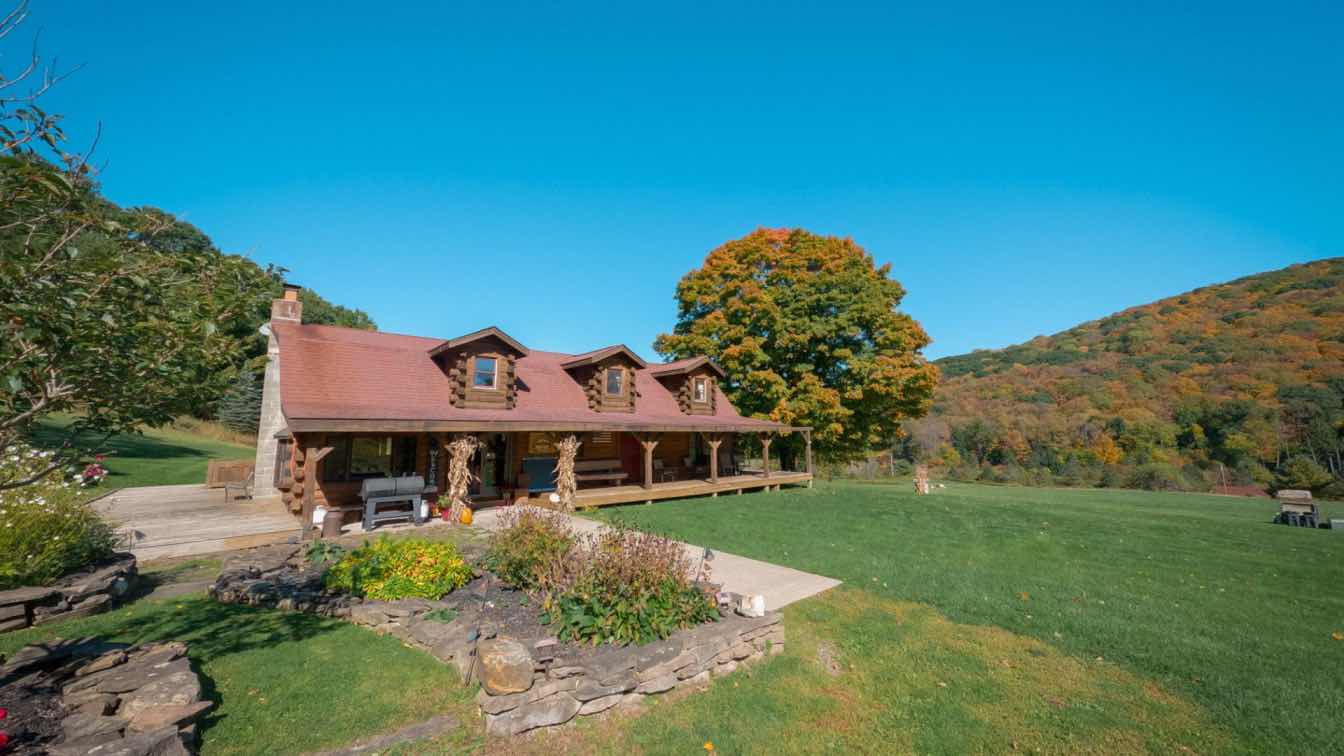With inflating real estate prices, alternatives and methods for acquiring properties have also evolved, including, but not limited to, rent-to-own schemes. The question is, is it feasible? Is it the best way to acquire real estate in London?
The Economy and Its Impact on Real Estate
Let’s face it: the world ground to a halt during the COVID-19 pandemic, leading to significant shifts in the economy and the real estate market. In London, in particular, recession, sudden changes to lifestyle and work arrangements, rising property prices, increasing interest rates, and stagnation in economic growth have led to volatile markets and widespread uncertainty in making real estate purchases.
Despite these challenges, London continues to thrive and show promise. As a center of economic stability, with an abundance of employment opportunities and robust tourism, the city has demonstrated resilience. In fact, it still attracts many real estate investors from both domestic and international markets.
The Rise of Rent-to-Own Schemes and How They Work
To mitigate the downturn in the economy and real estate investments in London, various measures by both the government and private sectors have been implemented. Among these measures is the rent-to-own (R2O) scheme.
Known by many names, such as Rent to Save, Rent to Own, or Intermediate Rent, R2Os offer prospective buyers more options to acquire properties without straining their finances. Arrangements and schemes vary depending on the property’s location, price point, and owner’s preference. Here are some of the most popular ones:
Rent to Save: This scheme offers properties at lower rental rates, typically around 80% of the usual market rate. This allows tenants to save money to make an offer to purchase the property later on. Prospective buyers can also negotiate a part rent, part-buy scheme, usually with a lease period of 6 months to 5 years, depending on the owner and local regulations.
Rent to Own: In this arrangement, tenants rent properties at market rates for up to 5 years. Starting in the second year, tenants can make an offer to own the home, receiving at least 25% of the accumulated rent they have paid and 50% of the appreciation value of the property—amounts which can be used towards their deposit.
Shared Ownership: This scheme is ideal for individuals who do not qualify for or cannot cover the full cost of a deposit to own a property. Rent is set at 80% of the
local market rent, and savings go towards a deposit that can later be used to purchase a percentage of property ownership.
The advantage of R2Os is that they provide individuals and families with a chance at homeownership without the need for often hefty upfront deposits. Additionally, these properties are typically available for immediate use, allowing tenants to live in the property and assess whether it fits their preferences and lifestyle before deciding to purchase.

Studio Type Trend in R2Os and How Open Volume Studio Maximizes Their Yield
Open plan layouts are often seen in R2Os. These units are compact and designed for single individuals or couples, usually ranging from 300 to 600 square feet. They lack partitions, making the space multi-functional and seamlessly integrated.
But why are Open plan units preferred for R2O arrangements?
Open plan units are favored because they are cheaper to rent and attract a large market, particularly individuals in their early 20s to late 30s who are just starting their careers or living independently – the perfect fit for this industry.
While the lack of space can be a challenge for some occupants, open plan properties offer versatility, ease of maintenance, coziness, and are often located in bustling areas where job opportunities, business, and commerce thrive. Additionally, the lack of partitions offers room for expression in their home customization and decoration. Open plans are perfect for small architectural renovations and mindful interior design.
In comes OVS. Open Volume Studio has been carefully curating a growing portfolio of projects with a sensitive design approach. This growing London-based architecture firm resolves tricky issues with space management without compromising aesthetics and comfort.
Its emphasis and focus on client needs and wellbeing is well seen in their design approach for the project The Garage, achieving their vision of an entertainment / display area for their cars in the basement level of a building despite the complex piping and lighting system that had to be resolved.
Their design solution to harness the light in Kensington Mews to give the space more airiness shows their ability to think outside of the box and extract the most out of every site given.
On the other hand, the studio’s redesign of The Hyde Apartment with a sensitivity to both the existing structure and current trends shows their willingness to pay homage to history while moving forward with the times.
Lastly, their experimentation with textures, color, light, and material with The Loft Heights has been consistent with their design principle to constantly nurture creative thinking.
In conclusion, Open Volume Studio exemplifies how innovative design can enhance the appeal and functionality of open plan units in R2Os. By addressing the inherent challenges of compact spaces with thoughtful, client-centered solutions, they not only optimize space but also elevate the living experience. Their projects illustrate their commitment to blending aesthetics with practicality. Open Volume Studio's work underscores the potential of open plan layouts to provide versatile, comfortable, and stylish living environments for today’s urban dwellers.
The Future
While the real estate market is still evolving, rent-to-own schemes offer a promising future for those looking to invest in assets that appreciate over time. In fact, this practice is already well-implemented in countries in East and Southeast Asia.
In London, rent-to-own is not the only way to acquire properties. Many listings accommodate more flexible mortgage arrangements, government-involved payments, and loans. With these creative solutions, the real estate market in “The Big Smoke” looks promising indeed.





